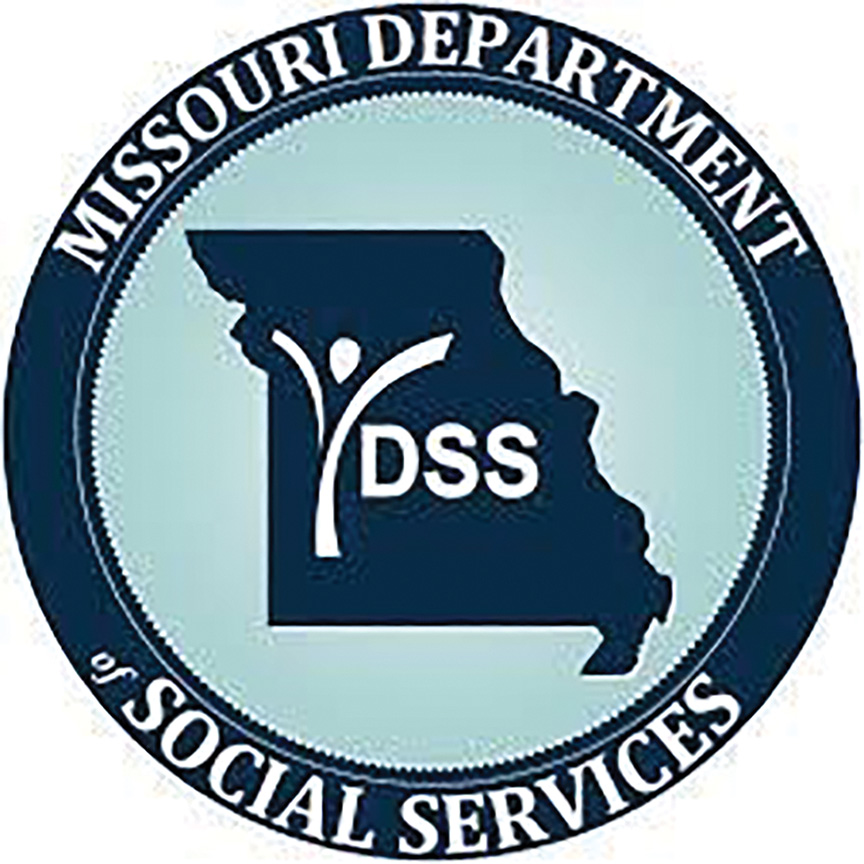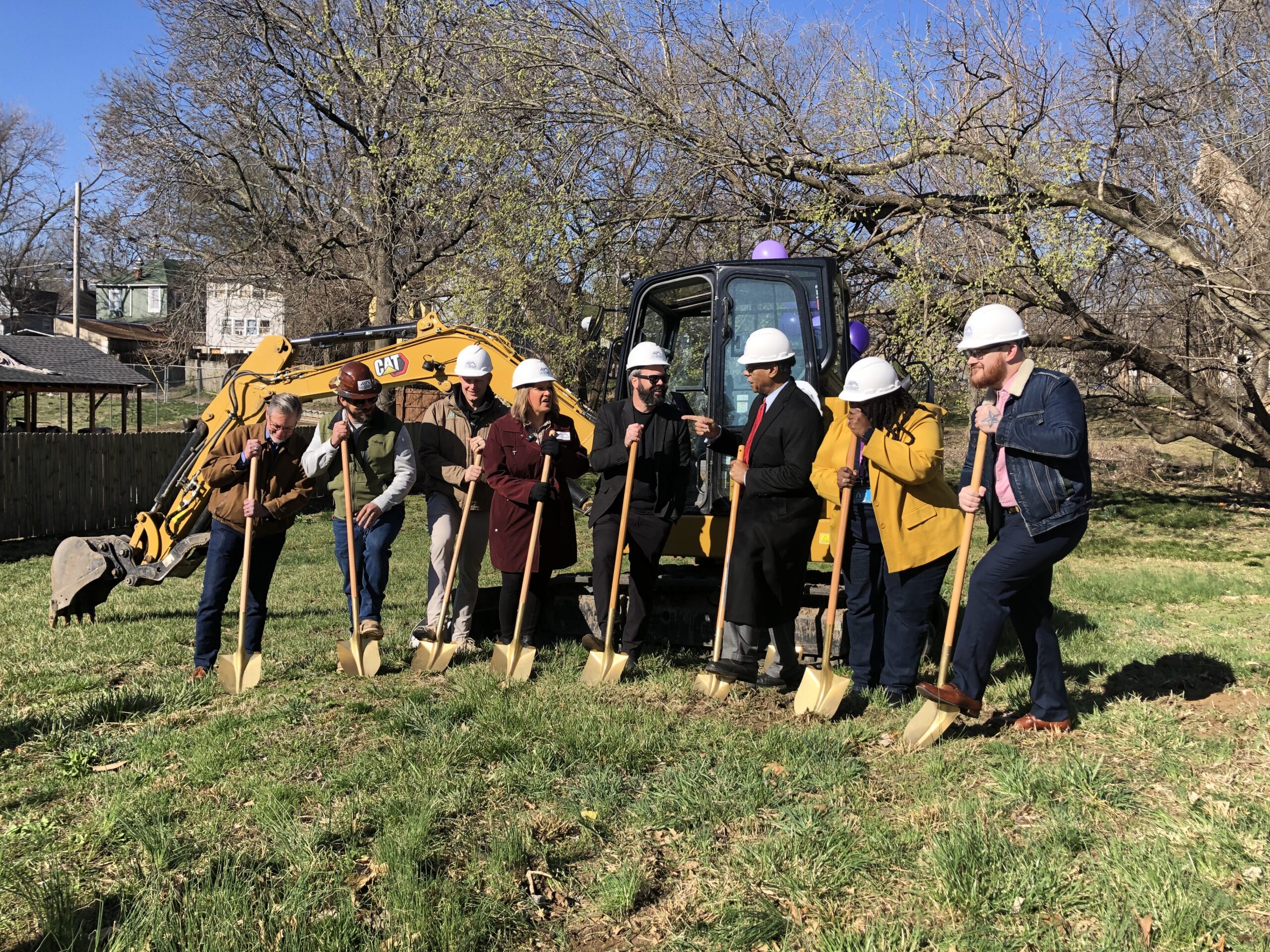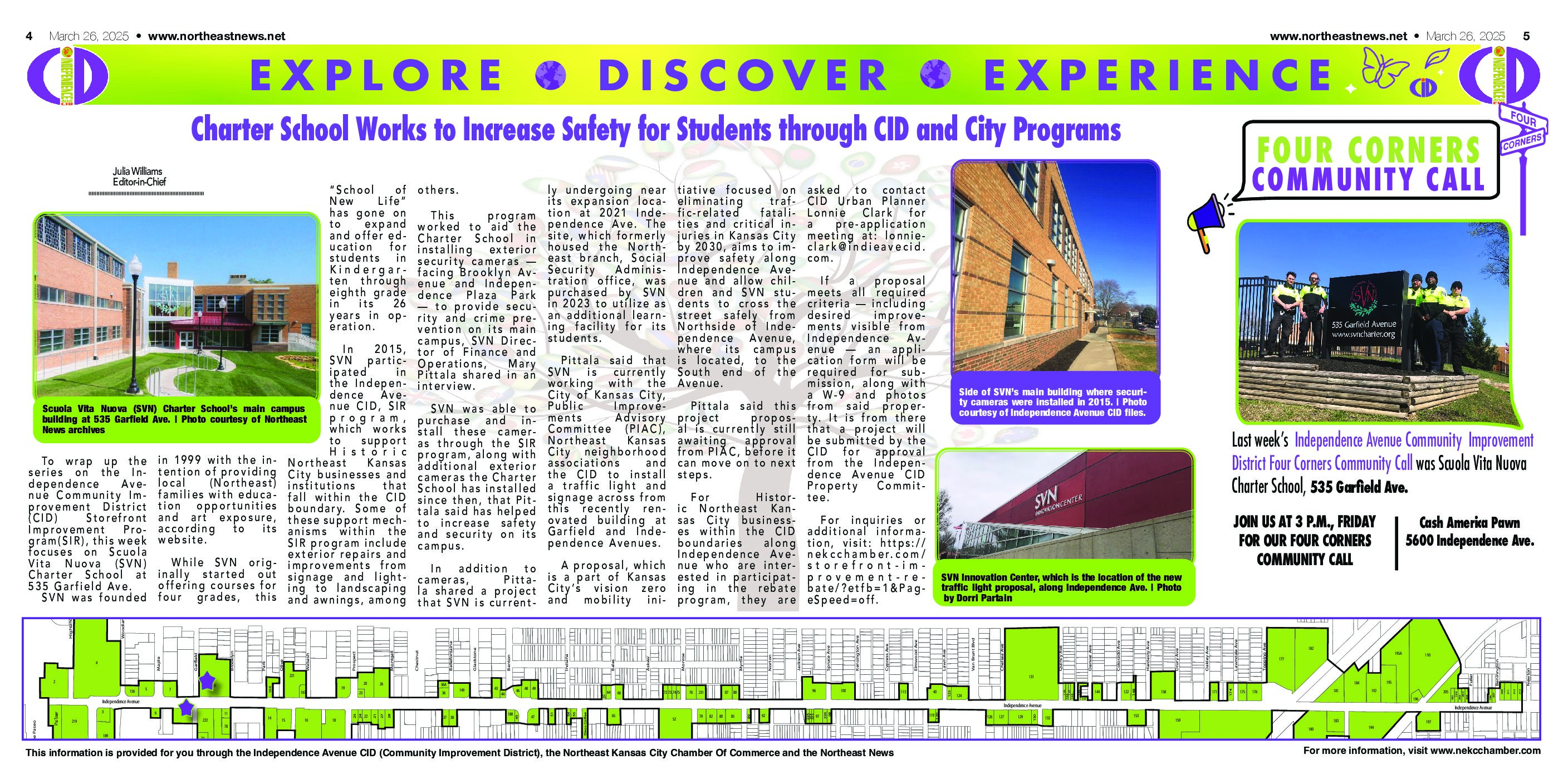
Abby Hoover
Managing Editor
The Missouri Department of Social Services (DSS) will begin allowing individuals to apply for the MO HealthNet program under Article IV, Section 36(c) of the Missouri Constitution following an August 10 ruling by the Cole County Circuit Court.
Although the federal government began providing funding to expand Medicaid in 2014, Missouri is one of 13 states that had continued to reject Medicaid expansion. That will soon change as a result of a unanimous Missouri Supreme Court ruling that was issued in July 2021.
Missouri voters approved Medicaid Expansion in August 2020 by a vote of 53.25% to 46.75%. It required the state to submit a Medicaid expansion state plan amendment to the federal government by March 2021, and for Medicaid expansion to take effect by July 1, 2021.
However, when state lawmakers passed the 2022 fiscal year budget, they failed to include funding for the state’s portion of the cost of Medicaid expansion. Lawmakers did allocate normal funding for MO HealthNet, but the DSS indicated that it would not change the eligibility criteria for Medicaid coverage, since lawmakers had not expressly allocated funding for that purpose. The state withdrew the Medicaid expansion state plan amendment that it had submitted to HHS earlier in the year.
A lawsuit was brought by Missouri residents who would gain eligibility under the expansion. Missouri DSS argued that the ballot initiative was unconstitutional since the state constitution says ballot measures can’t be used to appropriate state funds. In June a circuit court judge ruled that Missouri’s Medicaid expansion ballot measure was unconstitutional because it didn’t include a funding mechanism.
The case was appealed, and the Missouri Supreme Court vacated the lower court’s ruling, and noted that the Medicaid expansion eligibility criteria outlined in Missouri Article IV, Section 36(c) are “now in effect.”
The ruling means that MO HealthNet eligibility must be expanded to include adults under age 65 with household incomes up to 138% of the poverty level. In 2021, that amounts to about $17,774 for a single individual, and $36,570 for a household of four – children are already eligible for Medicaid at higher income levels. Once implemented, this is expected to result in 275,000 Missouri residents becoming eligible for MO HealthNet.
The expansion amendment also legally requires the state to maximize federal funding. DSS will continue to work towards fulfilling the state’s legal obligations under the Constitution and court order, Parson announced following the ruling.
“My administration is always going to follow the law and yesterday’s court order is no exception,” Governor Mike Parson said Wednesday. “The necessary funding to cover the health care costs of the expanded population remains the issue. We will continue to work with the General Assembly and DSS to chart a path forward to comply with the court order and keep the MO HealthNet program solvent.”
The governor’s office said the required system update is anticipated to take up to 60 days, citing “staffing capacity and funding restraints.” The state is currently working through administrative hurdles, including adequate appropriations, staffing capacity, and computer software changes in order to begin enrolling the expanded population.
Governor Parson included funding in his FY22 budget proposal to the General Assembly to cover both the health care costs of the expanded population and for 75 additional employees to administer the expanded program. The proposed funds were not included in the final FY 22 budget. As a result, DSS is limited to administering the expanded MO HealthNet program without sufficient staffing or appropriations.
Missourians who believe they are eligible for MO HealthNet benefits under the expanded Medicaid eligibility may go to MyDSS.MO.Gov to apply. DSS will begin making eligibility determinations once MO HealthNet’s software is updated to reflect the court order. In order to comply with the court order and until the necessary funds can be appropriated, DSS will reassign existing employees from their current assignments and responsibilities in order to receive and evaluate MO HealthNet applications.
Qualifying health care costs that are incurred by eligible Missourians between the time they apply and when DSS is able to verify their eligibility may be reimbursed at a later date.
Healthcare for Missouri, a coalition that educated voters on the need to expand the state’s Medicaid eligibility requirements as prescribed in Amendment 2.
“We’re delighted that Judge Beetem has ruled that the State must begin enrollment immediately,” a statement from Healthcare for Missouri read. “Our coalition urges the State to take action and we stand ready to work with all involved to ensure Missourians’ ability to receive the medical care they deserve.”
Particularly at a time when the state is seeing an alarming increase in COVID cases and deaths, access to healthcare is lifesaving, vital, and past due, considering funding is already available, the organization said.
“State after state has shown that in addition to providing insurance to those eligible, expansion is a fiscal and economic boon to state economies and budgets,” according to the organization’s response. “Not only do states save money on existing health services, but federal funds from expansion create jobs and increase economic activity, generating additional tax revenue to fund the state’s share of expansion.”
In states that expand Medicaid, the federal government paid the full cost of expansion through 2016. Starting in 2017, the states gradually started to pay a share of the expansion cost, which will remain at 10%. From 2013 through 2022, Missouri was projected to give up $17.8 billion in federal funding by not expanding Medicaid.
The American Rescue Plan Act included additional funds to support states in expanding Medicaid. That incentive will provide Missouri with an additional $1.2 billion over the next two years to support the existing Medicaid program, freeing up state funds that can be used to support additional priorities.
“Hardworking Missourians like me have waited and waited for this,” said Nina Canaleo, a 38-year-old Kansas City mother with Multiple Sclerosis who will benefit from Medicaid expansion being fully and expeditiously implemented. “We deserve and need access to healthcare to care for ourselves, our families, and our communities. It’s time for the State to do its job so I can get back to doing mine.”
Until Medicaid expansion actually takes effect in Missouri, non-disabled adults without children are not eligible for MO HealthNet regardless of how low their income is, and parents with dependent children are only eligible with incomes that don’t exceed 22% of the poverty level. Only Texas and Alabama have lower Medicaid eligibility caps, at 18%.
According to insurance company IHC Specialty Benefits, 127,000 people remain in the coverage gap in Missouri, unable to qualify for Medicaid because the state still has not expanded eligibility for Medicaid coverage and unable to qualify for premium subsidies in the exchange/marketplace because they earn less than the poverty level. As of April 2020, 887,433 Missourians are covered by Medicaid/CHIP, and another 230,000 are expected to gain coverage.



















